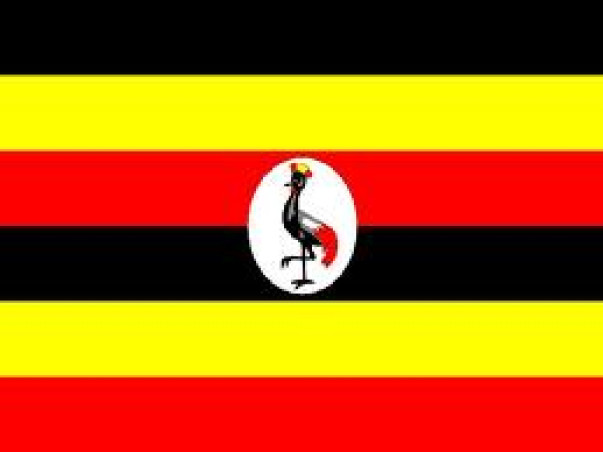UGANDA:Mobilemoney agents set to enter tax net

MAY 14,2014.
THE OBSERVER.
There are plans to get mobile money agents to register for Tax Identification Numbers, a move that would widen Uganda Revenue Authority’s tax base in the informal sector. Recently, MTN Mobile Money Agents Forum (MAF) leaders from 107 districts met officials from MTN, where the majority agreed that registering for TINs would create some order in their industry. The forum agreed that MTN should deal with only those agents that have TINs.
URA, as expected, has welcomed this development. Simon Ngabirano, the manager of service support in URA’s domestic tax department, said this was a “smart move” because it would boost the authority’s domestic tax base. He urged other service providers to follow the MTN example.
Already, URA is on a wide campaign to register mobile money agents of all the service providers. The tax body is working closely with MTN because of its bigger numbers compared to its peers.
In the new arrangement, all agents are required to prepare and file an annual returns report to URA that shows income, expenses and even any tax credit (withholding tax) that they may have.
Although they earn income, through the commission on every transaction they make, the majority of mobile money agents do not remit taxes to URA. Ngabirano noted that many agents thought the six per cent that service providers chopped off their commission was a final tax. It is not, he said.
Ngabirano said the agents can file either through a presumptive tax return or a business income tax return. The former is filed by individuals whose annual turnover is less than Shs 50m.
“Majority of mobile money agents fall in this [business income] category,” Ngabirano said. “You realise that they usually get commission of not more than Shs 1m per month.”
Whoever has a gross turnover of between Shs 10 and Shs 20m per year, their income tax is Shs 100,000. Those whose turnover is between Shs 20m and Shs 30m, their tax is Shs 250,000, according to URA. Those earning beyond Shs 50m are supposed to file under the corporate tax regime.
With an estimated 120,000 mobile money agents across the country, the authority would get Shs 12bn every year if all agents were to pay at least Shs 100,000. It is very likely that if more mobile money agents are dragged into the tax net, consumers of mobile money will have to incur higher charges as a coverup for the tax burden. Some agents complained of the delays in the issuance of TINs at some URA district offices.
“It takes more than a month to get a TIN in our district,” said Moses Dhikusoka, the leader of mobile money agents in Mayuge.
Ngabirano admitted there were delays but attributed them to the influx of applications, especially after government moved to process TIN numbers for all civil servants.
Policy exchange
With an estimated 12 million Ugandans lacking access to financial services, the advent of mobile money in 2008 was seen as a leeway to boost informal banking. In close to six years, the four major mobile telecom companies (MTN, Airtel, UTL and Orange) have all developed mobile money transfer platforms.
In December 2013, Bank of Uganda’s Deputy Governor Louis Kasekende announced that transfers in Uganda’s mobile money business had hit $640m (Shs 1.6 trillion), with an estimated 12 million users.
When she was releasing the Third Finscope survey in November last year, Sarah Ssewanyana, the executive director at the Economic Policy Research Centre, said the number of Ugandans opting for bank accounts had dropped by one percentage point between 2009 and 2013.
Instead, there was a threefold increase in the number of those opting for informal banking, especially mobile money, during the same time. This growth was related to the ease, convenience and a relatively lower cost of using mobile money services compared to other services.
Currently, according to an official from MTN who attended the MAF meeting, MTN Uganda has an estimated five million active mobile money users, a number that is higher than all bank accounts in the country.
These (service providers) want a legal framework that ensures safety of people’s money. Over the last three years, officials from the central banks and Finance ministries in the East African region have convened several meetings to come up with a uniform Mobile Money policy.
Bank of Uganda came up with regulations that took effect on October 1, 2013. But players insist a law is needed. The government is in advanced stages of drafting a bill to govern the mobile money sector, which would ultimately become a law, according to our sources.
kimbowa@observer.ug
 Africas leading resource for digital financial services
Africas leading resource for digital financial services


comments